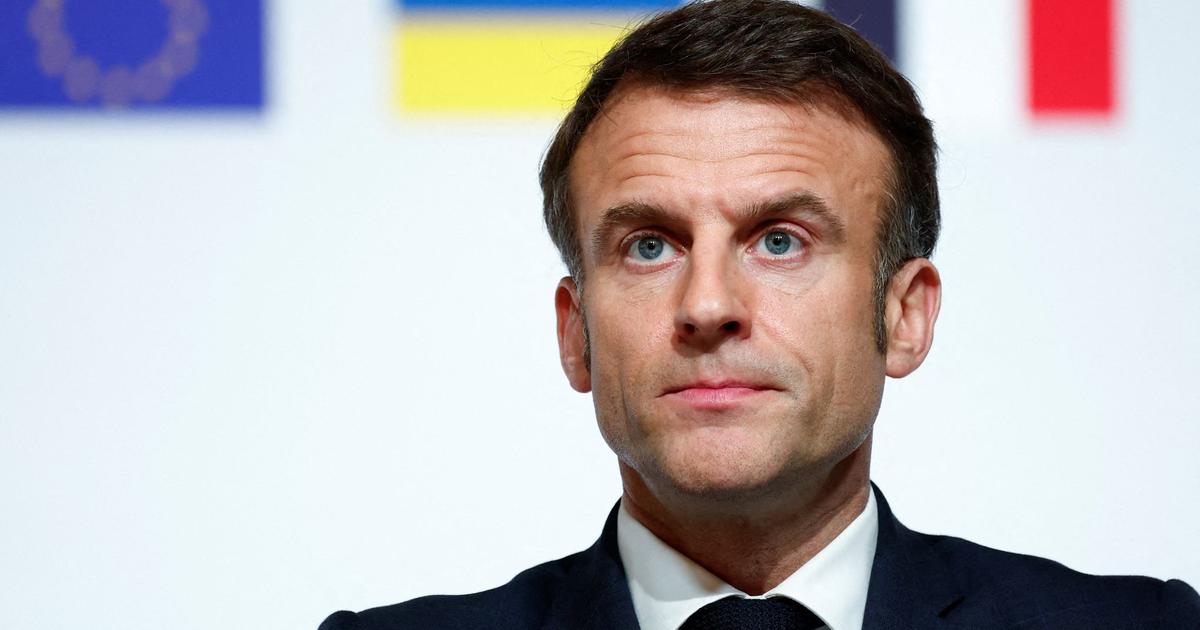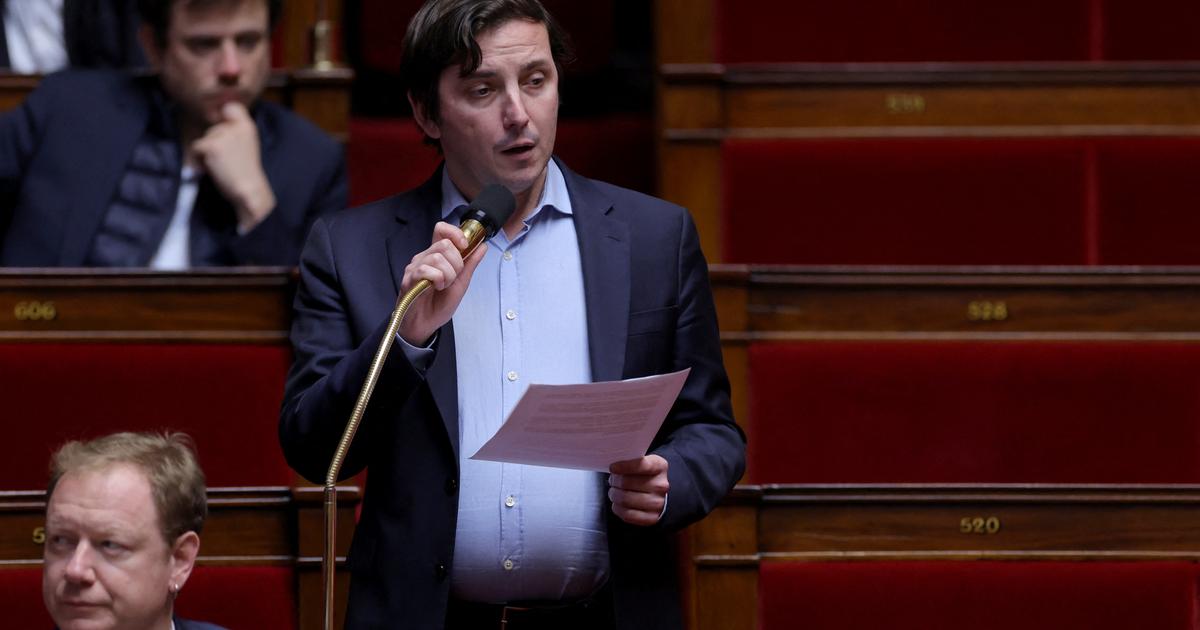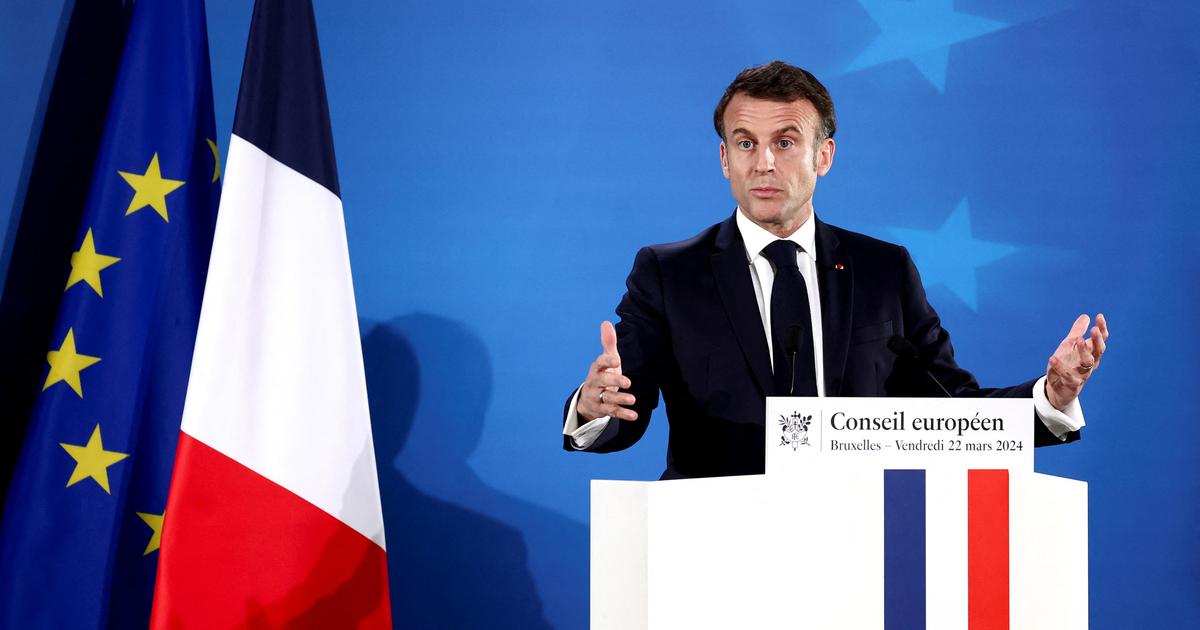General Elections in France: How the National Assembly is elected
Created: 05/19/2022, 16:19
By: Max Schaefer
In the parliamentary elections in France, the people decide on the new National Assembly.
All information about the schedule, electoral system and parties.
Paris (AP) - In France's general election, people vote on the composition of the National Assembly.
Less than two months after Emmanuel Macron was re-elected in the presidential election in April 2022, it will be decided whether the president also has a majority in parliament behind him.
Parliamentary elections in France | |
|---|---|
Elected institution | national assembly |
right to vote | majority voting |
How often is elected? | Every five years |
number of constituencies | 577 |
First ballot | Sunday 12 June 2022 |
Second ballot | Sunday 19 June 2022 |
Parliamentary elections in France are held every five years.
The voters decide who enters the National Assembly.
Elected by majority voting.
France is therefore divided into 566 constituencies.
In addition, there are eleven other constituencies for the French abroad.
One deputy is elected in each constituency, resulting in a total of 577 deputies in the National Assembly.
General elections in France: how are the members of the National Assembly elected?
In order to enter parliament, he must get the absolute majority of valid votes in the first ballot of the general election in France on June 12, 2022.
In addition, the number of his votes must correspond to 25 percent of the voters registered in the constituency.
If no candidate wins the required majority, the constituency goes to a runoff.
The second round is also the norm.
In the last election to the National Assembly, only four deputies were able to win the necessary majority in the first round.
In the second ballot on June 19, 2022, anyone who was elected in the first round by at least 12.5 percent of the registered voters may participate.
If only one candidate clears the hurdle, the best-placed candidate advances to the runoff.
In the second round, whoever gets the most votes is elected.
Who is entitled to vote in the general elections in France?
In general elections in France, all French people who have reached the age of 18 and who are in possession of their civil and political rights are entitled to vote.
The same requirements apply to candidacy in elections to the National Assembly.
Courts can also prohibit criminals from running for political office.
Place of residence is not a requirement for candidacy: Applicants do not have to live in constituencies where they are running.
also read
Ukraine rejects ceasefire and makes final demands on Russia
Ukraine trouble over Germany: Zoff between Kuleba and Lambrecht becomes public – "Really angry"
After the general elections in France on June 12 and 19, 2022, the new MPs will move into the National Assembly in the Palais Bourbon in Paris.
(Archive image) © Stephanie de Sakutin/AFP
Parliamentary elections in France: These are the tasks of the National Assembly
Together with the Senate, the National Assembly forms France's parliament.
Together they are part of the legislation.
Both chambers of Parliament must agree for a law to come into force.
A conciliation committee, composed of seven members of the National Assembly and seven senators, may be set up to negotiate compromises.
In contrast to the Senate, the National Assembly, which is directly elected, can also overrule the Senate.
The government around the Prime Minister is accountable to Parliament.
The task of the National Assembly therefore also includes monitoring the government.
In order to be able to perceive them, the MPs have the opportunity to question the government and set up investigative committees.
The most far-reaching possibility of sanctions by the National Assembly against the government is a motion of no confidence.
If 289 of the 577 MPs express their no confidence in the government, it will have to resign.
Parliamentary elections in France: The relationship between the National Assembly and the government
The French government is therefore dependent on a majority in the National Assembly.
For this reason, it is common for the President, who appoints the Prime Minister, to choose a candidate from the largest parliamentary group.
After his appointment, he can ask a vote of confidence in Parliament, but does not have to.
The parliamentary elections in France are therefore also important for the president.
If his party, or at least his allies, have the majority in parliament, he can decide on all fundamental political issues.
However, when the prime minister comes from a different political camp, he determines and guides France's policies - apart from those areas traditionally reserved for the president.
These are, for example, foreign, security and European policy.
The condition when the President and Prime Minister come from different political camps is called cohabitation.
Elections to the National Assembly: Which parties are running in the general elections in France?
Before the parliamentary elections in France, Emmanuel Macron's party La République en Marche (LREM) founded the Ensemble Citoyens alliance with other bourgeois and liberal parties.
The following parties in addition to LREM include:
Mouvement démocrate (MoDem)
horizons
agir
En commun
Territoires de Progres
Parti republicain, radical et radical-socialiste
In a joint declaration, Macron's Ensemble Citoyens alliance committed itself to democracy and fundamental values such as freedom and equality.
The parties are also committed to the European Union and to environmental and climate protection.
The left-wing presidential candidate Jean-Luc Mélenchon, who finished just behind Marine Le Pen in the first round of the French presidential election, and his left-wing populist party La France Insoumise have also formed an alliance with the Socialists, Communists and Greens.
Mélenchon wants to achieve his goal of becoming prime minister.
In this case, he wants to increase the minimum wage to €1,400 net per month and lower the retirement age to 60.
In addition to the left, Marine Le Pen's far-right Rassemblement National is also competing.
Parliamentary elections in France: How the 2017 election ended
In the parliamentary elections in France in 2017, the then new La République en Marche movement won a clear majority in the National Assembly.
Together with the center party MoDem, President Emmanuel Macron's party held the majority.
Although Le Pen's Rassemblement National received 13 percent of the votes in the first ballot and was the third strongest party, the right-wing only had eight MPs.
The background is the majority voting system.
The distribution of seats in the National Assembly after the 2017 election at a glance:
Political party | seats |
|---|---|
La Republic en Marche | 308 |
Les Republicains | 112 |
Movement democrate | 42 |
Parti socialiste | 30 |
Union des Democrates et Independants | 18 |
La France insoumise | 17 |
Miscellaneous | 12 |
Parti communiste français | 10 |
Front National | 8th |
Miscellaneous | 6 |
regional list | 5 |
Parti radical de gauche | 3 |
Miscellaneous | 3 |
Europe Ecologie-Les Verts | 1 |
Debout la France | 1 |
Extreme droite | 1 |
Max Schaefer









